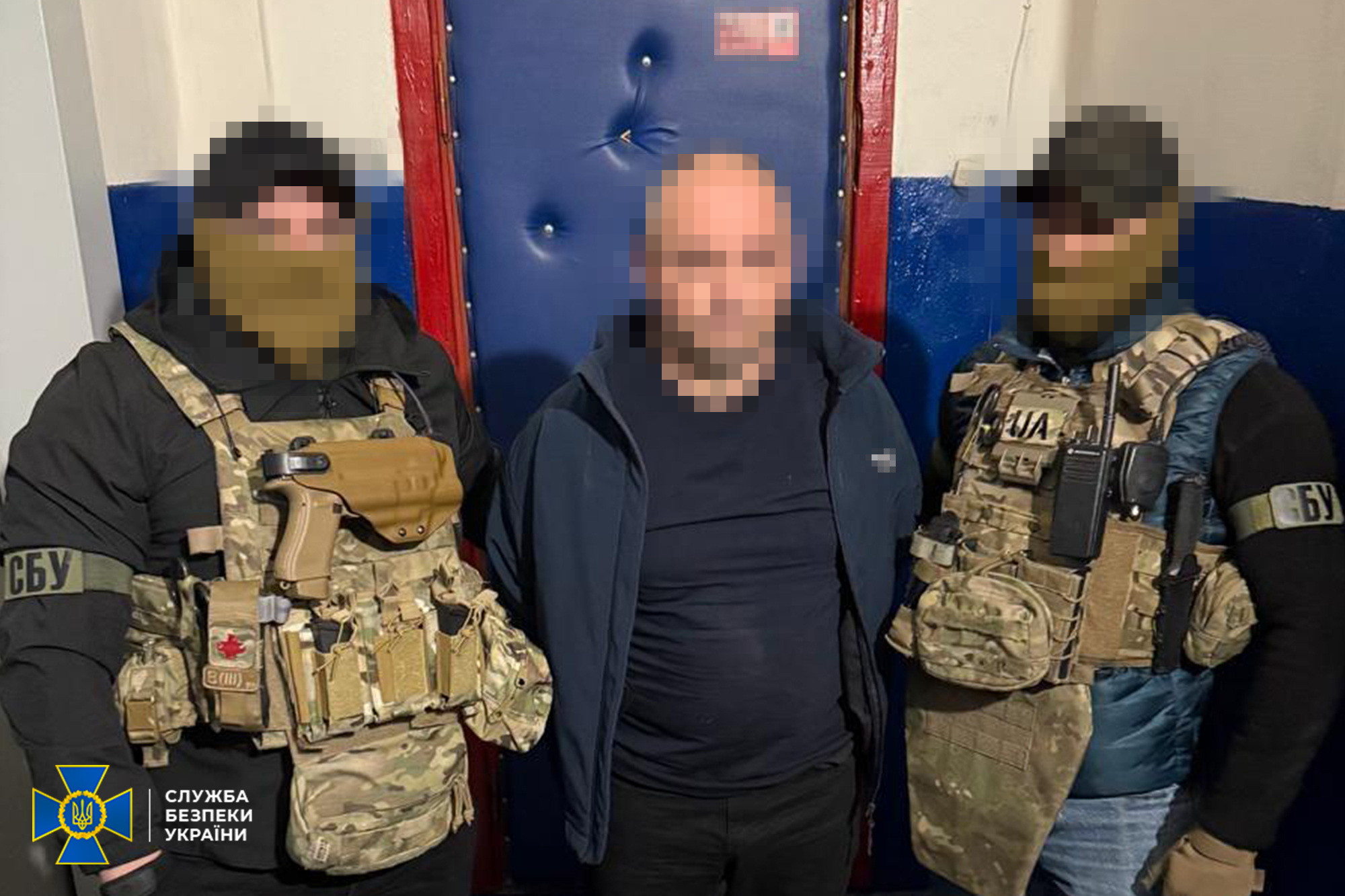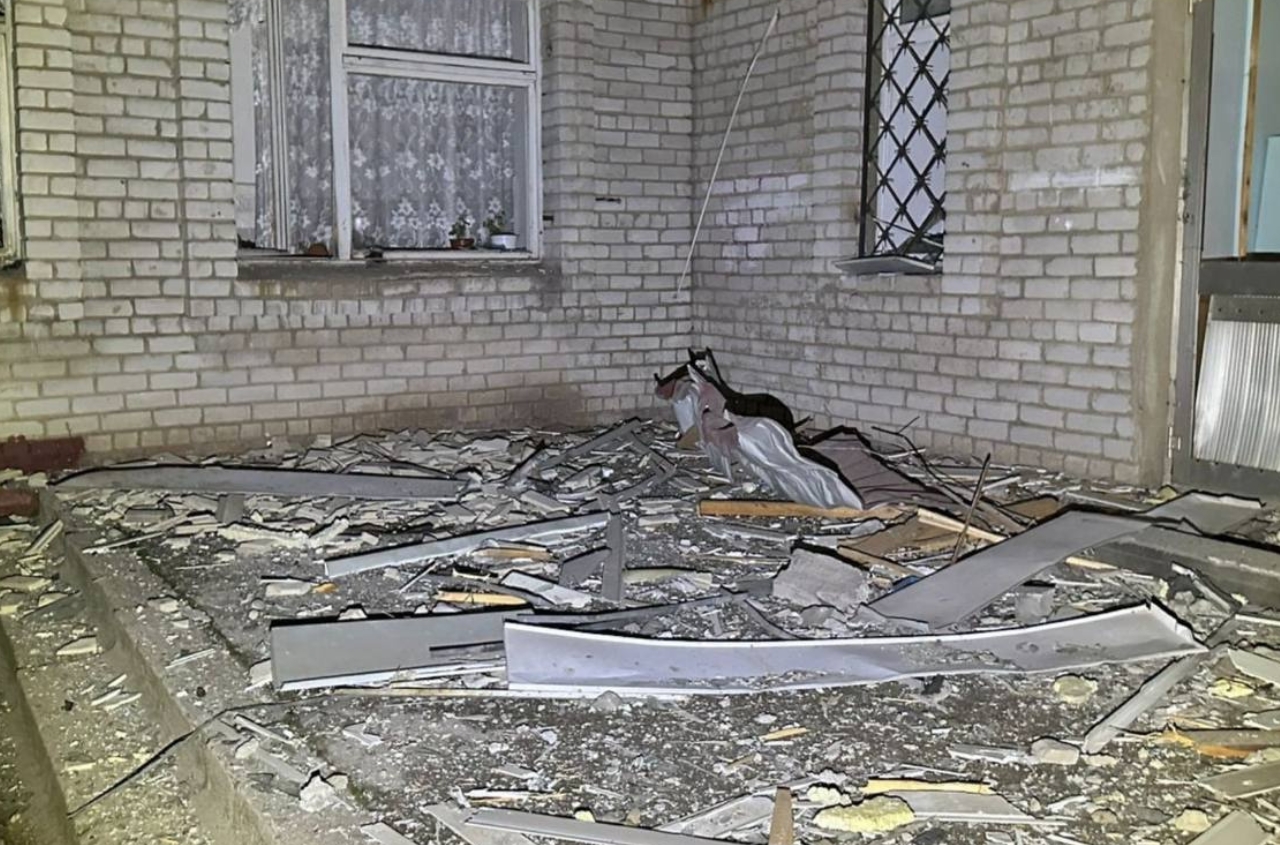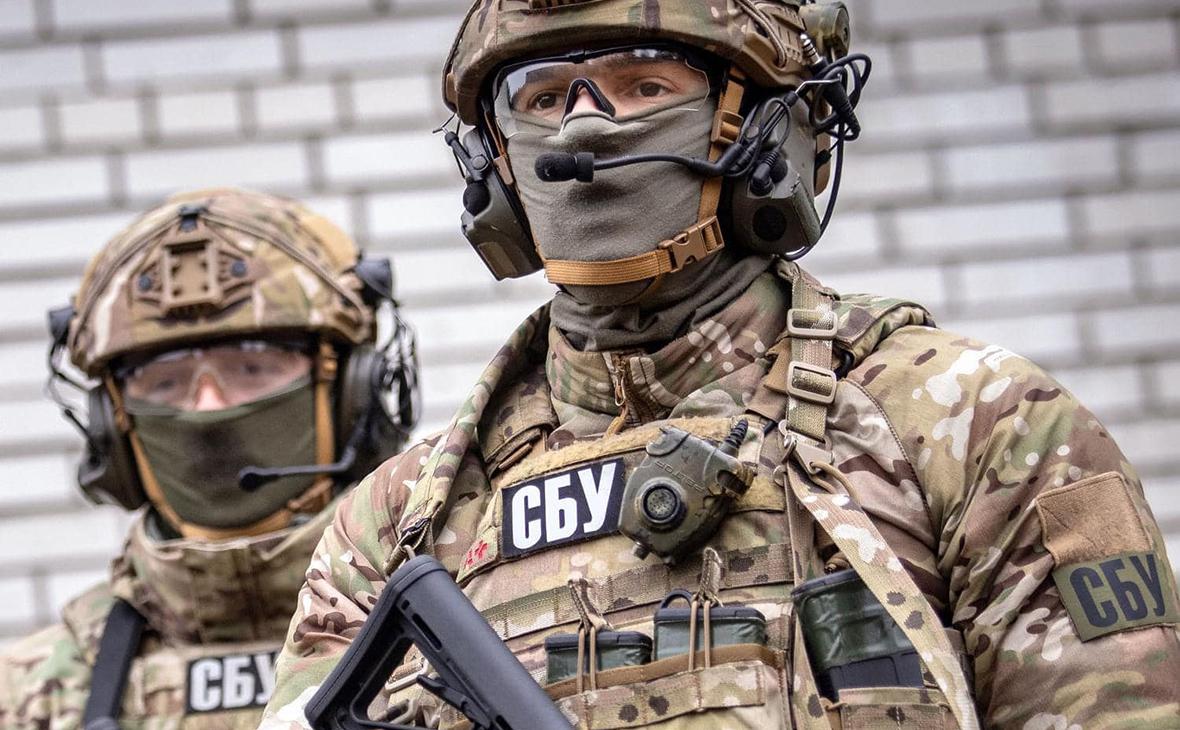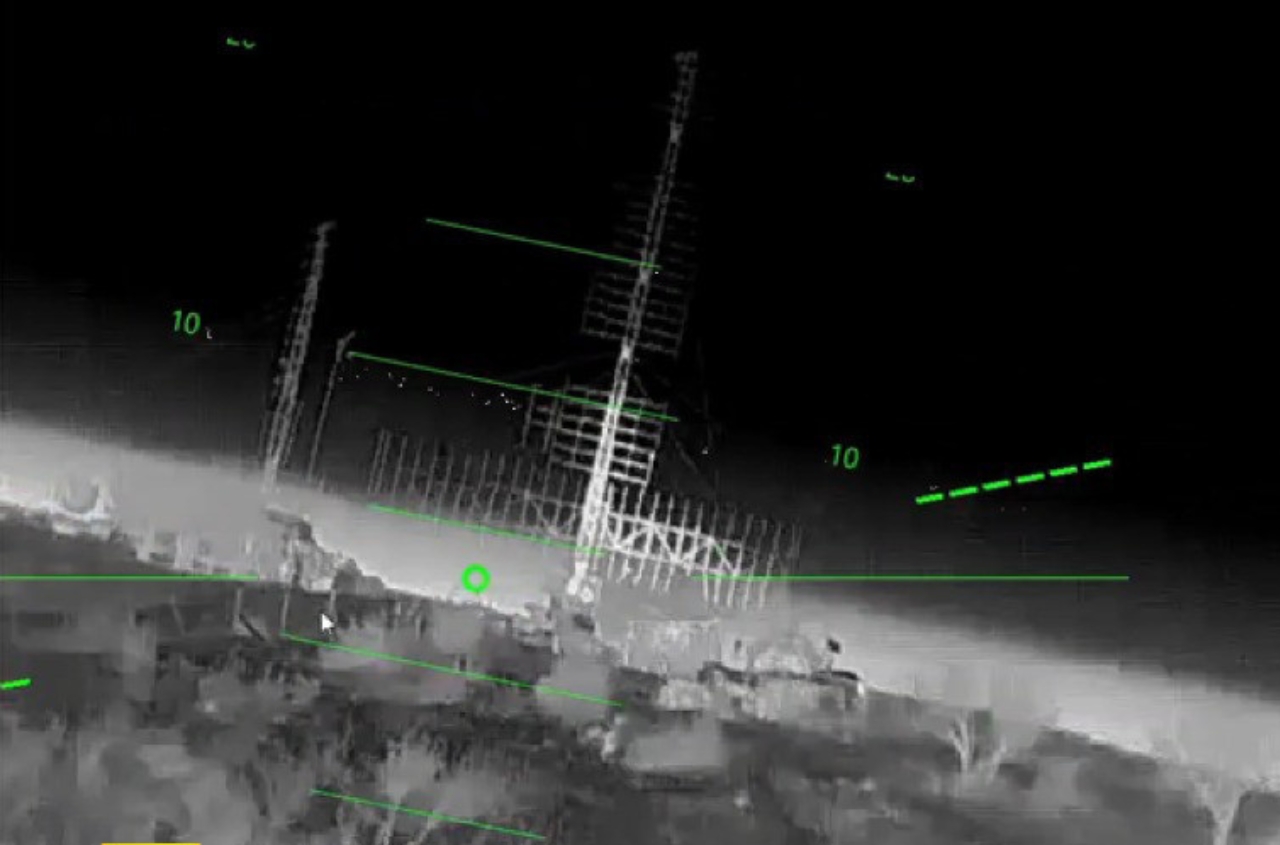The SSU (Security Service of Ukraine) counterintelligence, together with the National Police, prevented two terrorist attacks planned by Russian intelligence services in Lviv and Odessa.
In Lviv, two agents were arrested while preparing an explosion at a police station. A 22-year-old woman from Kyiv, recruited by the GRU (Russian military intelligence), and her acquaintance were planning to plant an improvised explosive device (IED) in the building, after which the occupiers intended to detonate it remotely. Prior to this, the woman had been carrying out test tasks—distributing leaflets with fake Russian propaganda in the capital. After arriving in Lviv, the perpetrators received the coordinates of a hideout, where they retrieved the IED, disguised as a fire extinguisher. They also planned to install a hidden video camera to capture the movements of agents and the aftermath of the attack.
The SSU counterintelligence exposed their crimes in advance and arrested them "in the act" as they were approaching the police unit with explosives. The SSU investigators charged the detainees with treason (Part 2 of Article 111 of the Criminal Code of Ukraine). They face life imprisonment with confiscation of property.
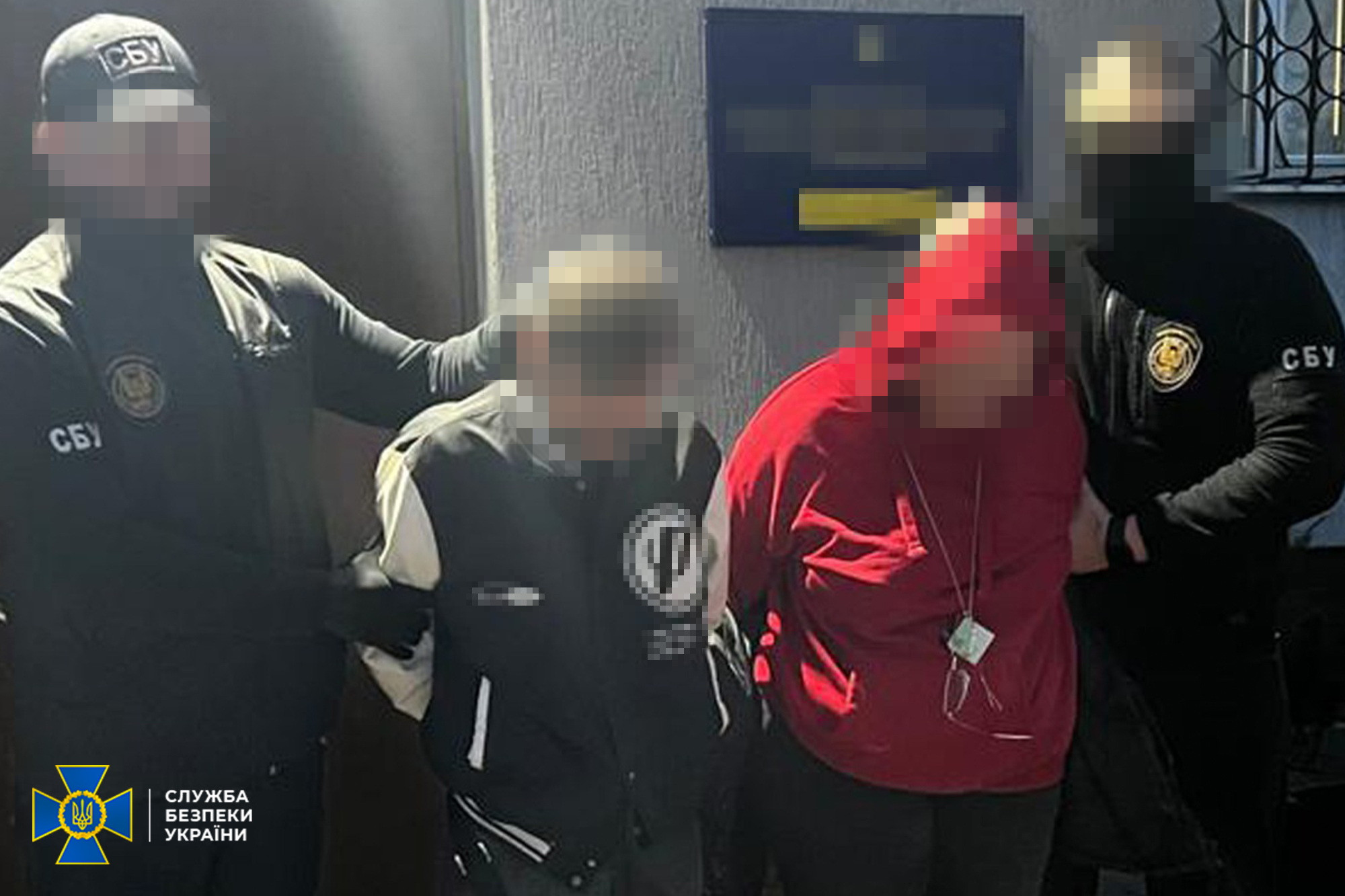
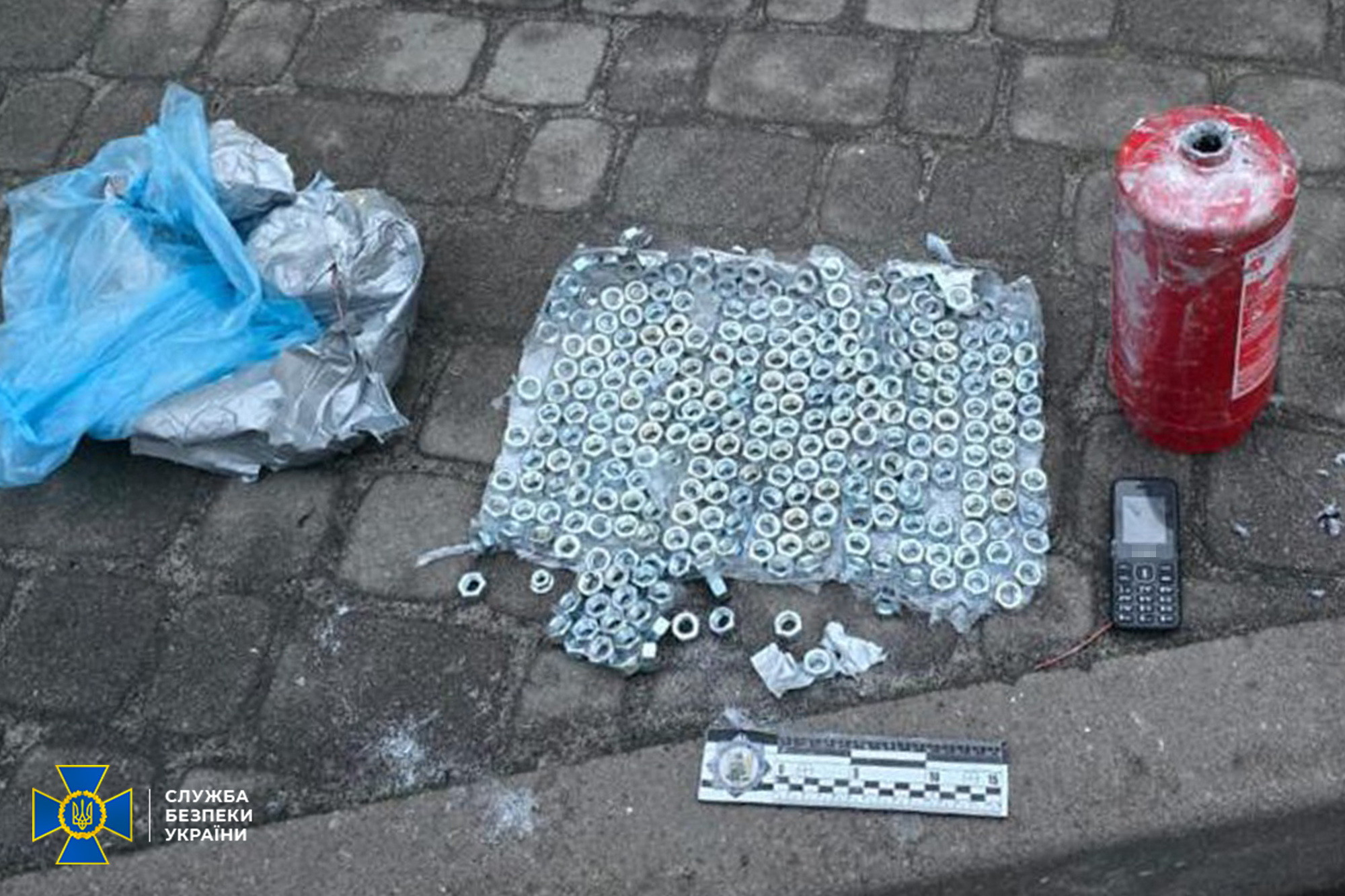
In Odessa, a 44-year-old recidivist from the Dnipropetrovsk region, recruited by the FSB (Federal Security Service of Russia), was arrested. He had been manufacturing explosives for terrorist attacks, including for an attack on a police station in Bilyaivka on March 23, which led to the death of a terrorist agent. According to the investigation, he came under the radar of Russian intelligence services due to his activity on Telegram channels, where he sought "quick money." Initially, he performed verification tasks, including setting fire to the cars of Ukrainian soldiers in the port city. Later, the FSB provided him with a rented apartment, which he used as a workshop to make explosives. After the explosion in Bilyaivka, the agent tried to cover his tracks, regularly changing mobile numbers and addresses.
The SSU tracked him down and arrested him. During the searches, a new explosive device, disguised as a fire extinguisher with additional shrapnel and a phone for remote activation, was seized. According to operational information, this device was intended for a new terrorist attack in the region. The SBU investigators charged the detainee with committing a terrorist act (Part 3 of Article 258 of the Criminal Code of Ukraine). He faces life imprisonment with confiscation of property.
